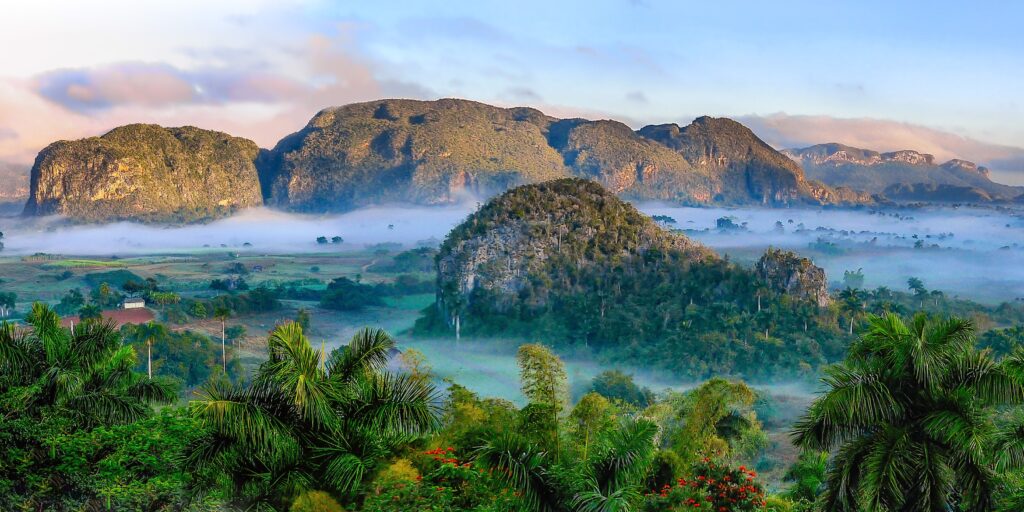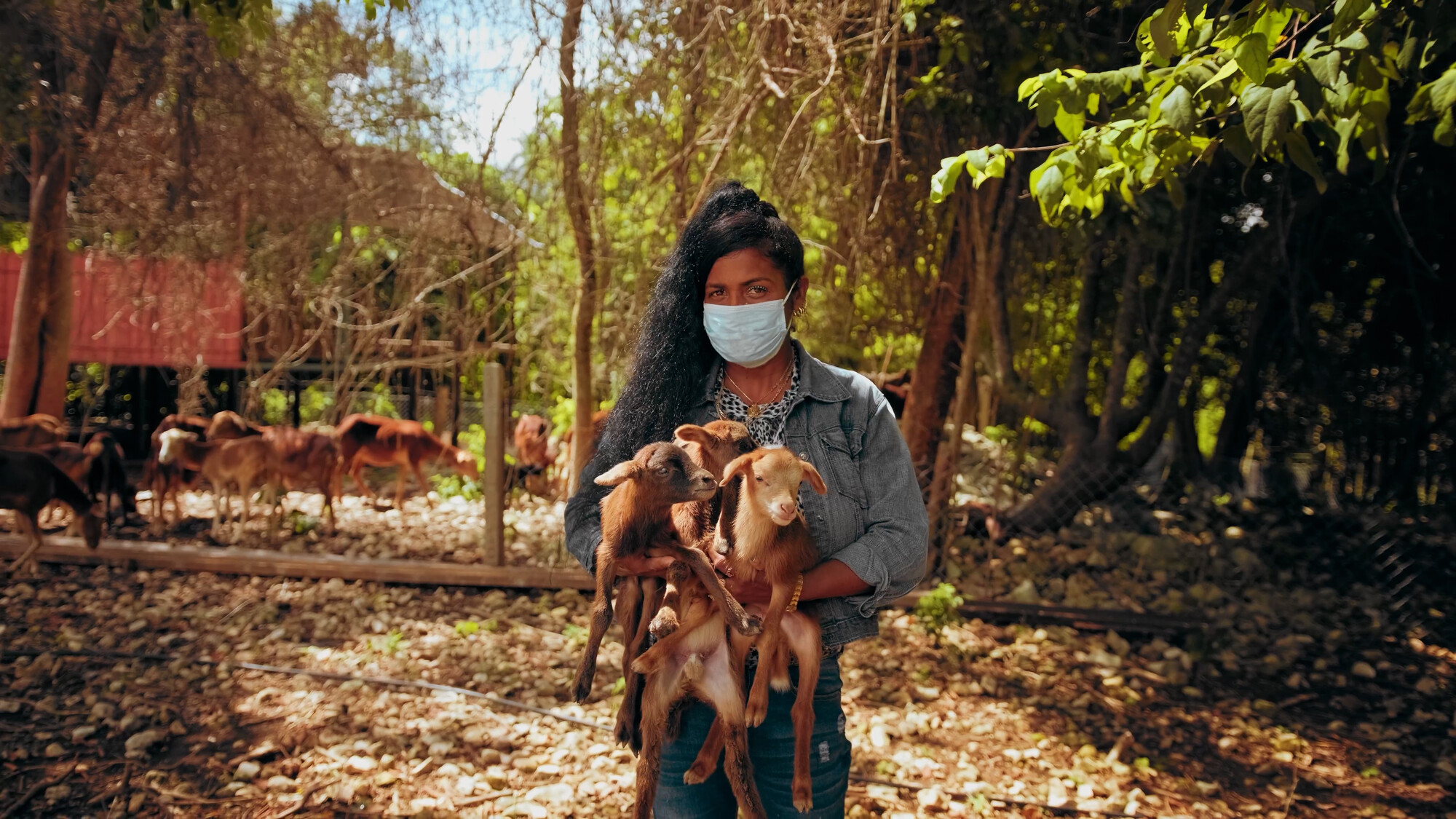In 1995, CARE International embarked on its mission in Cuba, aiming to provide crucial assistance during periods of economic instability. The primary focus being to ensure food availability and accessibility for those facing food insecurities.
CARE Cuba takes a proactive approach towards natural disasters, providing support to local authorities in their response, rehabilitation, and recovery efforts. They prioritise capacity building to handle humanitarian emergencies and slow-onset disasters. CARE integrates disaster risk reduction into their ongoing development programs, empowering farmers with responsible land and resource management and localised risk reduction planning to minimise future risks.
CARE Cuba places special emphasis on inclusivity in their emergency response and preparedness work, catering to the needs of vulnerable groups, including women-headed households, children, the elderly, and individuals with disabilities.
Over the years, CARE Cuba’s program has expanded to encompass various essential sectors, such as water and sanitation, sustainable livelihoods, climate change adaptation, disaster risk reduction, and humanitarian assistance.
Today, CARE’s work in Cuba focuses on: helping people earn an income, water and sanitation, disaster risk reduction, the climate emergency adaptation, and emergency response, and equality for women and girls.
Fast Facts
Population: 11,212,191 (2022)
Life expectancy: 74 ( 71 male, 76 female) (2021)
Infant mortality: 4 deaths/1,000 live births (2021)
Under-5 mortality: 5 deaths/1,000 live births (2021)
Maternal mortality*: 39 deaths/100,000 live births (2020 est)
Adult literacy rate: 100 (100% male, 100% female) (2021)
Access to improved drinking water*:98.9% (urban), 97% (rural) (2020 est.)
Access to improved sanitation*: 94.8% (urban), 87% (rural) (2017 est.)
Labour force participation rate: 64% (87.1% male, 38.2% female) (2013) (2022)
Percentage of seats held by women in national parliament: 53% (2022)
GDP per capita: $48,436 USD (2021)
Source: World Bank. FBI World Factbook
Climate Change in Cuba
Despite the region having an efficient disaster preparedness system, Cuba remains vulnerable to widespread damage caused by devastating hurricanes.The duration of Cuba’s hurricane season extends for six months – exposing the nation to potential flooding, extended droughts, and seismic activities.
Recently, Cuba’s climate has also shifted from tropical/wet to tropical/dry. This change has created more frequent and longer-lasting droughts, increased salt levels within underground water reservoirs and farmland, reduced rainfall, higher solar radiation due to decreased cloud cover, and increased risk of ongoing flooding in coastal areas.
CARE Cuba prioritises natural disaster response, rehabilitation, and recovery support to local authorities. Reducing disaster risks is integrated into ongoing development programs, with emphasis on minimising future risks for farmers through proper land and resource management.
Vulnerable groups such as women-headed households, children, the elderly, and people with disabilities are given priority in our emergency response and preparedness work.
Initially focused on food and agriculture, our program expanded to include water and sanitation, sustainable livelihoods, climate change adaptation, disaster risk reduction, and humanitarian sectors. This enables us to address a wider range of community needs and build resilience effectively.
By integrating various sectors into our work, CARE Cuba aims for a comprehensive and impactful approach to community development and disaster preparedness.

Donate now
Support our ongoing work to create a more equal world.
Your donation can help end extreme poverty and give people the means to build a better future for themselves in countries like Cuba.
For those living in extreme poverty, your support brings education and training, healthcare and clean water, nutritious food, and new ways to earn an income. And in times of crisis, you help us deliver emergency relief. Please donate today.

